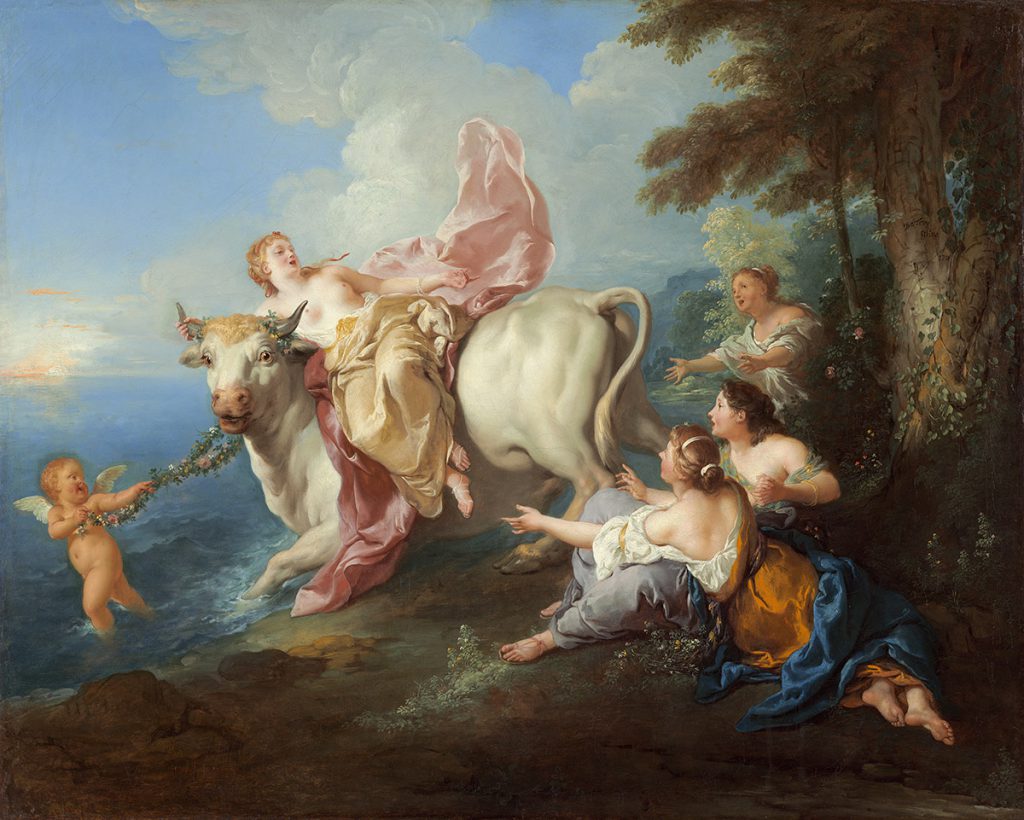What is “Europe”? Is it a (sub)continent, a way of living, a concept, a myth, a dream or a
hope as Jacques Le Goff stated?
Europe’s history started with the kidnapping of a young mortal by a selfish god. Later on, in the Middle Ages, what we currently call Europe was the Christianitas, only seen as the Christendom fortress, albeit with some occupied territories. Then came the Wars of Religion and the Thirty Years’ War, leading to the Peace of Westphalia (in 1648). Thus, although religion would be an important part of the European cultural identity back in the 17th and 18th century, could this Peace be seen as the beginning (in the whole subcontinent) of taking the religion out of the public sphere, allowing the emergence of a more civic and political public identity?
This would then mean that an enormous group of people evolved together into the same perception of a concept, that Europeans might thus share a cultural identity. What do I mean by “cultural identity”? For me, it is the self-perception and self-representation of ourselves as part of a group where all the members share some particular feelings. For example, most of us share Christmas festivities due to our common Christian heritage, or the 11th of November as a holiday because of the First World War Armistice, but does anyone really feel it? Not really, because we do not even think about it for the simple reason that it is just “normal”. In this way, while travelling across Europe, we usually see our differences between country traditions which contrasts with our feelings when travelling across the world, where this impression may change into a feeling that we indeed come from Europe. Besides, there are also people who, geographically and politically speaking, are Europeans, but do not feel so, not even having the experience of going outside its boundaries. Consequently, in our homeland and in the rest of Europe, we may feel a stronger sense of national belonging, whereas outside Europe this feeling tends to be reverted for most of us. On account of this, I am firmly convinced that if we want a more united Europe, we should first work on our combined identity/identities because as past and present are related, so is the future.
Moreover, talking about the past, I have a very personal feeling to express: to be or not to be European is a choice and not an imposition. When Zeus kidnapped Europe, he did not probably realise what his action would mean for millennia: he took her to a new land against her will, imposing a destination on her. This is not anymore what being European means. As Europe is a land of cultural sharing, the so-called European is a person who has decided to share a kind of values, hopes and dreams. It is a person who welcomes economic migrants who dream about a better life by working hard. It is also a person who hosts those refugees escaping war, because Europe is a land of peace and solidarity from its deepest roots.
Cristina Jiménez (Spain)
This article was written in the context of the debate “What does it mean to be European?” organised by the European Civilization Chair of the Natolin campus of the College of Europe and the Geremek Foundation on 4 November 2015.

